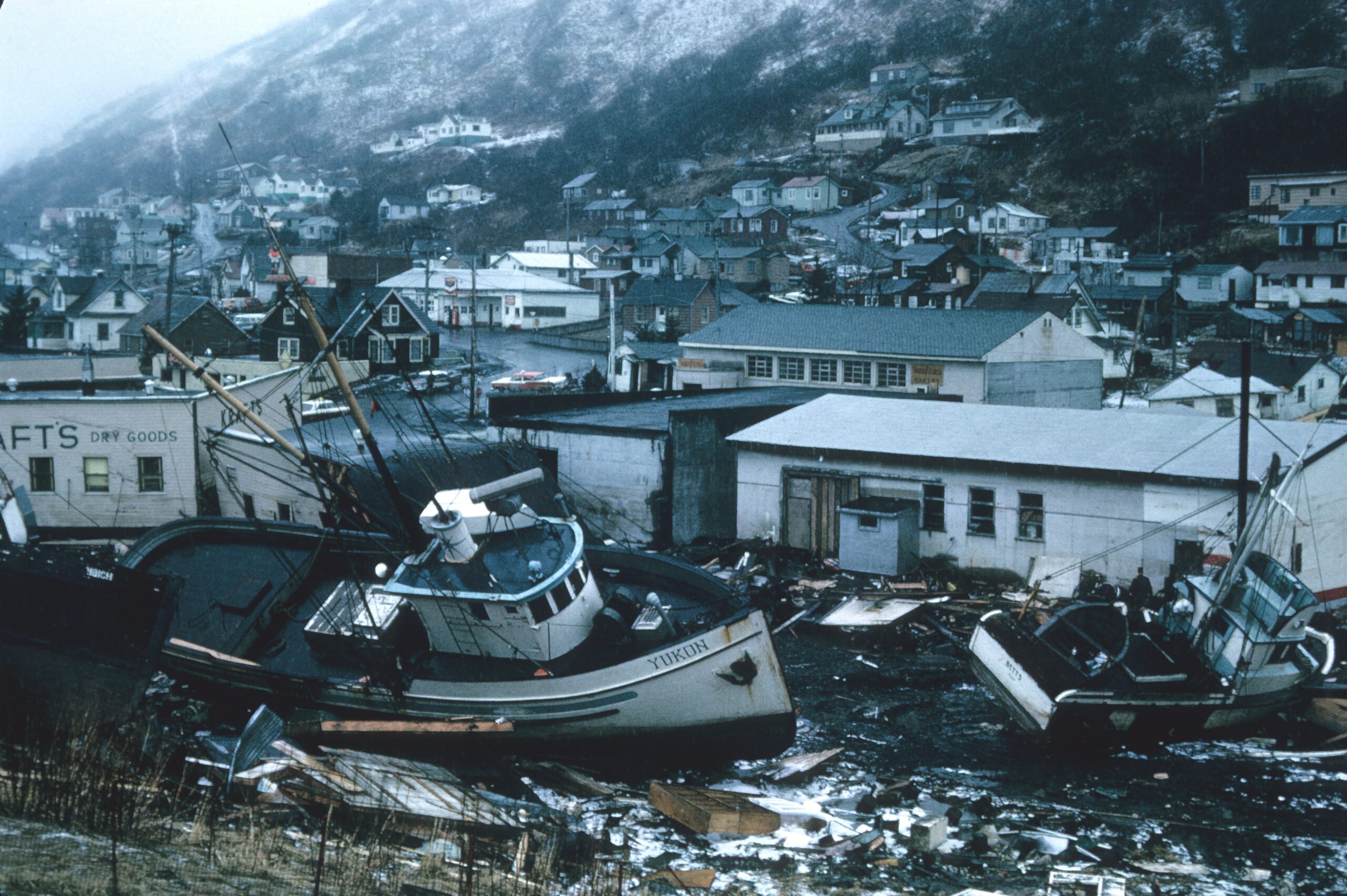Global occurrences like pandemics, political unrest, and natural calamities provide serious obstacles for international trade. Businesses may better navigate these unpredictable times and continue to expand and compete in the global marketplace by identifying their possible effects and developing strategies to mitigate risks.
Natural Disasters
By destroying infrastructure, impeding transportation and logistics, and wreaking havoc on businesses and communities, natural disasters like hurricanes, earthquakes, floods, and tsunamis can significantly impair international trade. These occurrences have the potential to cause either temporary or permanent reductions in manufacturing capacity, causing companies to look for alternate suppliers or markets, and raising the price and duration of transportation.
For instance, the 2011 Japanese earthquake and tsunami had a significant effect on the worldwide electronics and automobile industries. These industries relied heavily on Japanese corporations as suppliers, and the tragedy for months interrupted supply chains and production, causing shortages and delays across the globe.
Political Upheaval
Political unrest can lead to instability and uncertainty in global trade. Examples include coups, civil wars, and regime changes. Changes in trade regulations, currency swings, and greater risk for companies doing business in the impacted areas can all result from these events. Political unrest may also lead to sanctions or embargoes, which would further impede trade.
The current trade conflict between the United States and China is a recent illustration of how political unrest affects global trade. Businesses have to rethink their supply networks and investments in both nations as a result of the conflict's increasing tariffs and trade obstacles.
Pandemic
Emergencies like the COVID-19 situation recently can have catastrophic impacts on global trade. The widespread effects of these occurrences may result in decreased consumer demand, widespread business closures, and disruptions to international supply chains. Governments may impose trade restrictions in response to pandemics in order to safeguard domestic resources and guarantee availability for their populace, such as export bans on food or medical supplies.
For instance, the COVID-19 epidemic significantly reduced global trade as nations went into lockdown and firms had hitherto unheard-of difficulties in sustaining operations and adjusting to altered market conditions.
Strategies for Navigating Global Events
Due to the unpredictability of global events, firms need to come up with ways to lessen their effects on trade. Several crucial tactics include:
- Diversifying supply chains: Companies can lessen their susceptibility to interruptions brought on by international events by procuring from a variety of vendors in various geographical areas.
- Building contingency plans: Companies should create strategies to deal with anticipated disruptions, including choosing substitute vendors, transportation methods, and marketplaces.
- Staying informed: maintaining knowledge Businesses must stay informed about world events and their possible effects on commerce if they are to adapt and react appropriately.
- Investing in risk management: To guard against potential losses brought on by international events, businesses should invest in risk management techniques including insurance coverage and financial hedging.
Related Information







